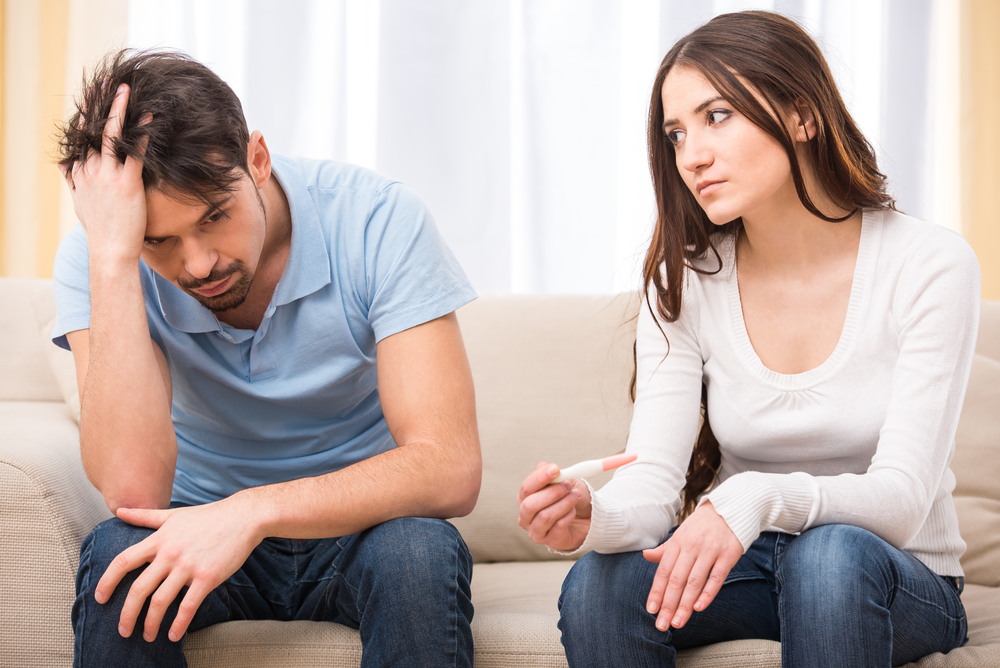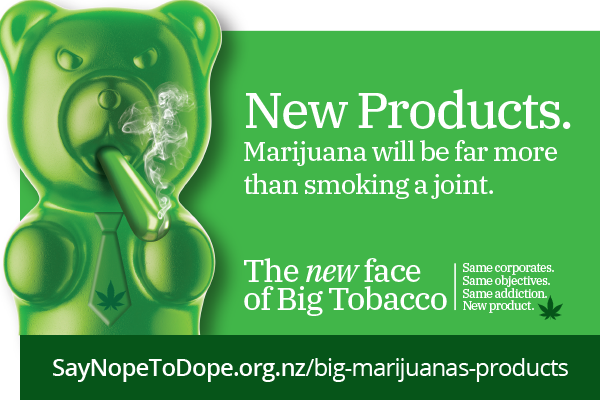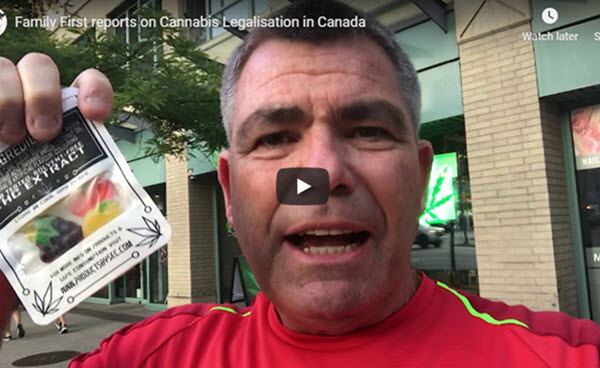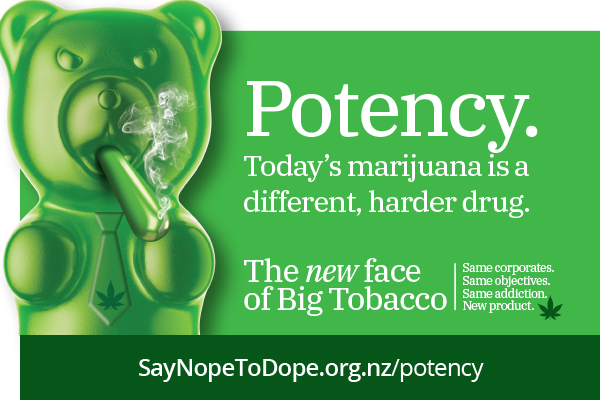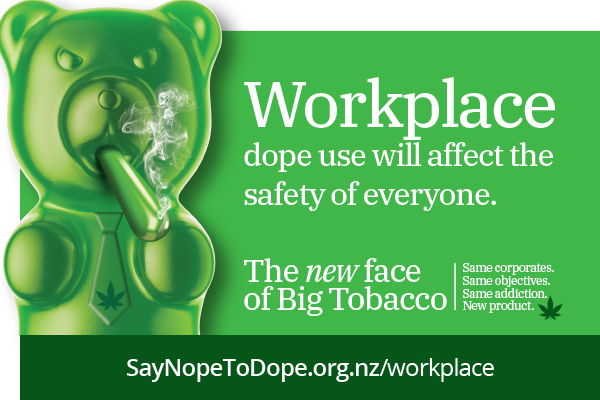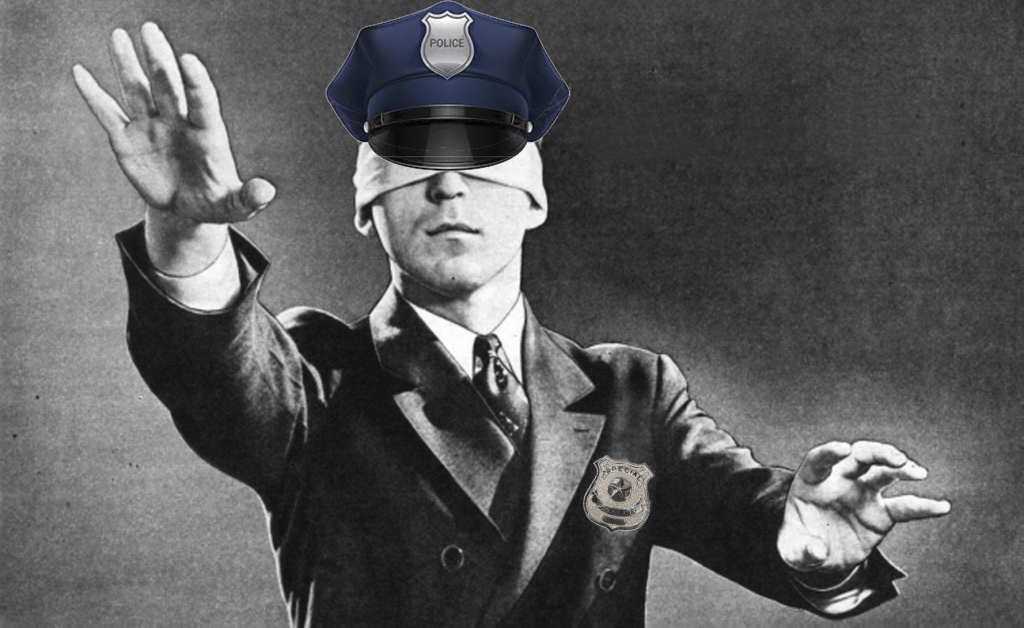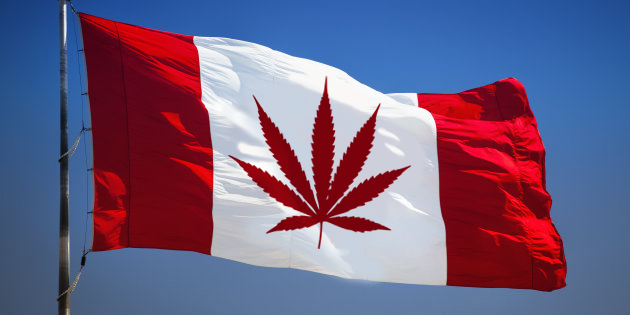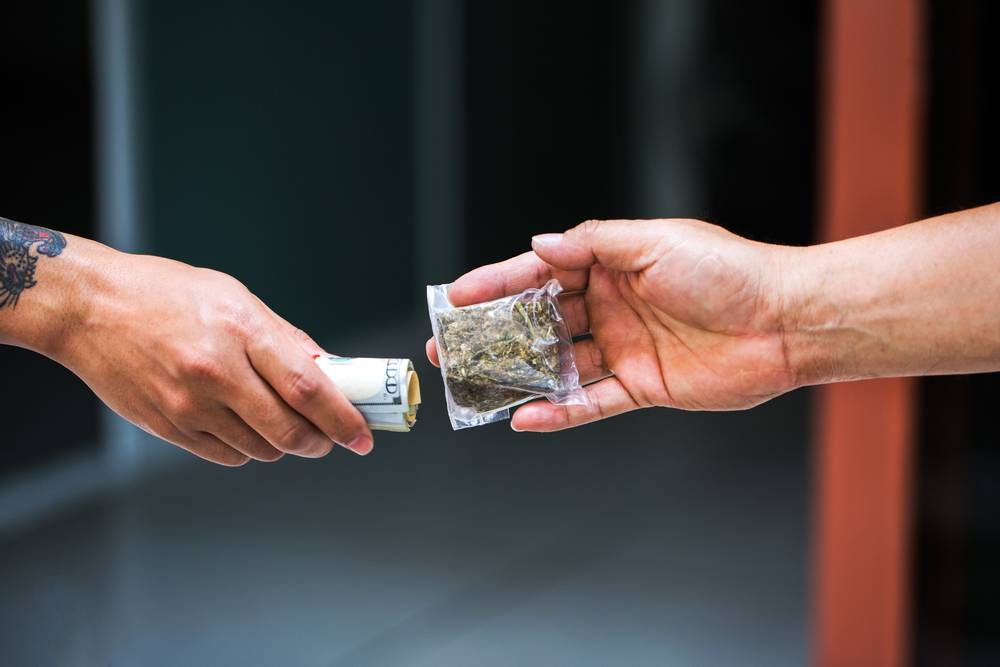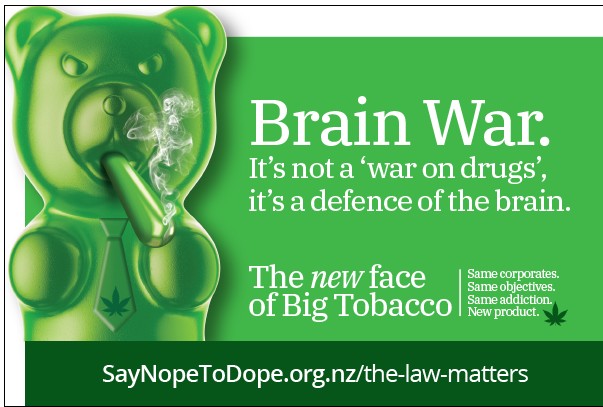
NewsTalk ZB 14 August 2019
Family First Comment: Once again, Hosking is on the ball…
1. another poll with two-thirds of the construction industry here worried about the effects.
2. they can’t get enough truck driver employees that can pass a drug test.
3. “there has been a spike in kids and teenagers being treated for addiction. Babies finding caregivers’ edible cannabis products are ending up in hospital. There’s a 27 per cent increase in kids with troubles – 70 per cent of those cases come from states that have legalised dope.”
More insight today into why the cannabis referendum and law reform, or to use a more accurate term “legalisation,” will be voted down.
Last time we talked about this, a poll came out with a very solid majority favouring rejection.
New detail for you today. One, another poll with two-thirds of the construction industry here worried about the effects. Why? Because it’s already hard enough to find workers, and stoned workers aren’t the sort you want up scaffolding.
Drugs are already an issue, making drugs more freely available isn’t making that problem easier to deal with.
Two, they are currently 60,000 truck drivers short in America. That’s just truck drivers. Miles aren’t being covered, business isn’t being done, and yards are closing. This in a booming economy. Why? Drugs, they can’t get candidates that pass a test.
Three, Colorado. A bloke called Sam Wong, a doctor who works at the children’s hospital has seen for himself the effects of making dope legal. He’s seen it locally, and had it confirmed in a nationwide study he conducted.
Remember when we talked to Chloe Swarbrick and she told us to look at Colorado, and we did. We interviewed a police force member who dealt with drugs. He said as clearly and as loudly as possible, don’t do it.
Sam Wong says the same. There has been a spike in kids and teenagers being treated for addiction. Babies finding caregivers’ edible cannabis products are ending up in hospital. There’s a 27 per cent increase in kids with troubles – 70 per cent of those cases come from states that have legalised dope.
THC (the active ingredient in cannabis) levels have gone from 3.7 per cent to 20 per cent. Once it’s legalised it’s easy to get the highest grade in the strongest form. The states have raised $3 billion in taxes so far.
READ MORE: https://www.newstalkzb.co.nz/on-air/mike-hosking-breakfast/video/mikes-minute-three-reasons-why-legalising-cannabis-is-a-dopey-idea/


